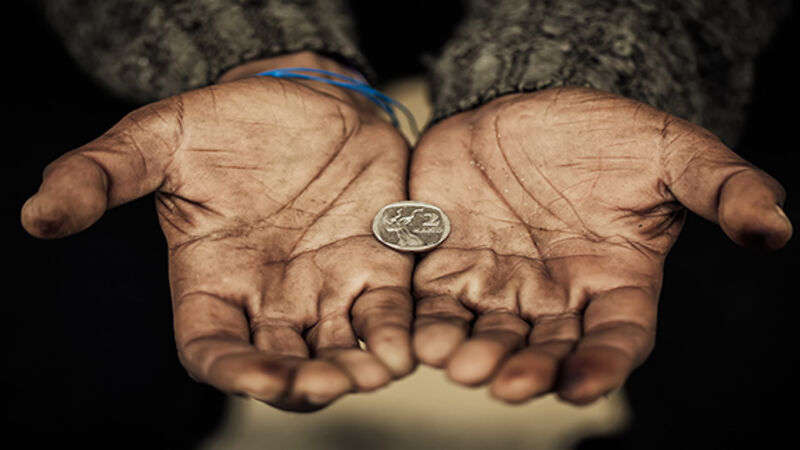We can’t reduce extreme poverty until we tackle inequality

The impressive progress the world has made in reducing extreme poverty has slowed considerably in recent years. Eliminating extreme poverty requires tackling inequality. The good news is that inequality worldwide has declined since 1990, mirroring the reduction in poverty. The bad news is that within-country inequality has risen.
Compared to 25 years ago, the average person today is far more likely to live in an economy with higher inequality. And, beyond income and wealth, there are still large disparities — between and within countries — with respect to food and nutrition, healthcare, education, land, clean water, and other essentials. Inequality is a political choice. Governments that want to reduce gaps in income and wealth, and to improve the lives of their poorest, have made some progress.
















